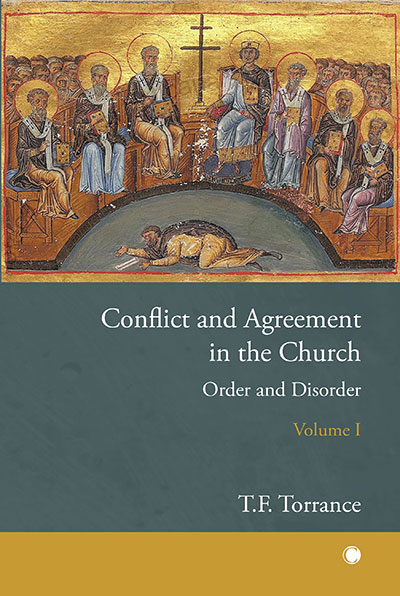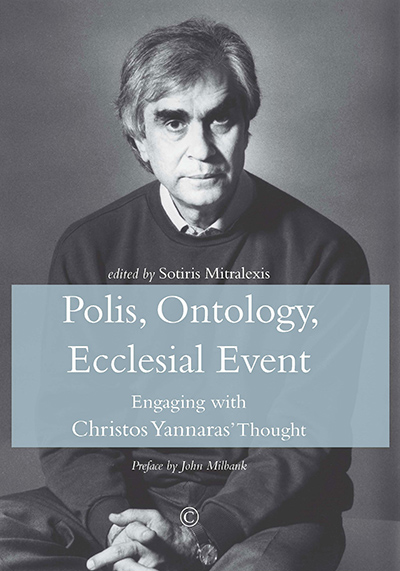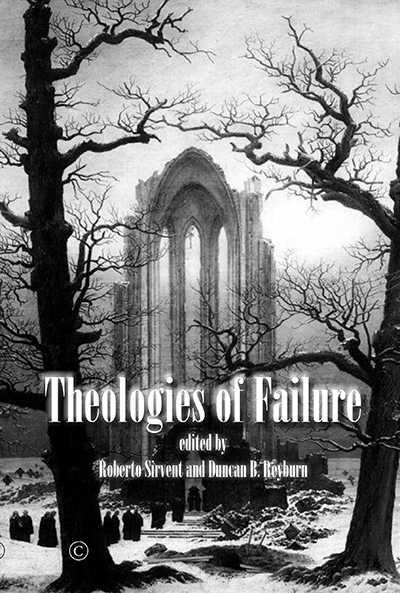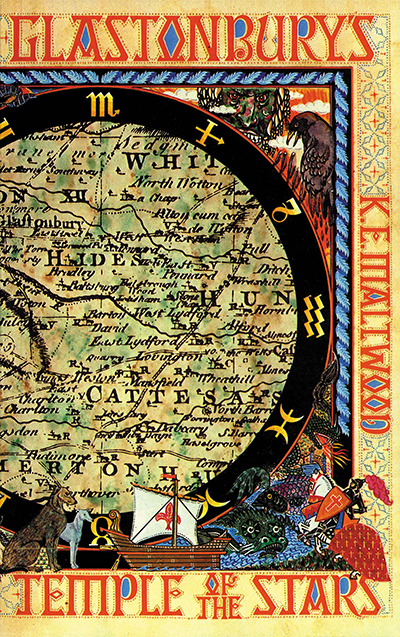Description
T.F. Torrance’s Conflict and Agreement in the Church gathers together his most influential essays and articles on topics relating to ecumenism. Himself involved heavily in the ecumenical movement, he wrote that ‘ours must be the task of learning together again how to confess, like the early Church, faith in Jesus Christ as Saviour and God in all its breadth and length and height and depth, and therefore in the overflowing love of God.’ Out of this conviction grew a comprehensive doctrine of the Church ‘in which our differences are lost sight of because they are destroyed from behind by a masterful faith in the Saviour of men.’
In the first volume, Torrance presents a set of essays engaging theologically with different denominations, along with responses to particular problems facing the ecumenical project. In particular, writing after the third world conference on faith and order, he addresses the hopes and barriers it raised to closer ecumenical relations. Throughout, Torrance’s acute awareness of contrasting theological principles establishes a firm basis for further progress, without obscuring the doctrinal and ecclesiological differences that remain.
In the second volume, Torrance’s thought on inter-denominational cooperation in light of the Church’s mission is presented. He begins by suggesting that ‘the lines of conflict and agreement in the Church coincide less and less with the frontiers of the historic communions’. This opens the door for greater union between those communion, but also exposes significant challenges to unity within them. Addressing the major debates on the sacraments of baptism and the Eucharist, along with the priesthood and biblical exegesis, Torrance proposes a constructive way forward sealed by ‘reconciliation in the Body and Blood of Christ’.
About the Author
Thomas F. Torrance (1913-2007) was Professor of Christian Dogmatics at the University of Edinburgh. A prolific writer on many topics, he is known particularly for his study of Karl Barth, and his early work on theology and natural science. In 1976-7 Torrance served as Moderator of the General Assembly of the Church of Scotland, and in 1978 he was awarded the Templeton Prize for Progress in Religion.
Contents
Volume I: Order and Disorder
Preface
Introduction
Part 1 Discussions with Churches
1. With Anglicans
2. With Presbyterians
3. Presbyterian – Anglican Relations
4. With Romans
Part 2 Problems of Faith and Order
1. Amsterdam – The Nature and Mission of the Church
2. Lund Where do we go from Lund?
3. The Atonement and the Oneness of the Church
4. Towards Evanston Our Oneness in Christ and our Disunity
as Churches
5. The Hope of Israel Israel and the Incarnation
6. Christ the Hope of the World Christ the First and the Last
Index of Biblical References
Names
Subjects
Volume II: Order and Disorder
Introduction
1. The Ministry
2. The Gospel and the Kingdom
3. The Sacrament of Baptism
4. The Sacrament of the Lord’s Supper
Index of Biblical References
Names
Subjects
Endorsements and Reviews
The book is one that demands the closest attention from any theologian who interests himself in the field of Faith and Order, and since this field now coincides with the major doctrines of the faith, it is not too much to say that no one who is interested in the proper formulation of these doctrines in our time can afford to neglect it. For the non-specialist. . . the theology becomes lucid if one is prepared to give oneself to it with the attention and concentration it demands and deserves, and then it becomes plain that something of the highest importance is being said.
William Nicholls, in Theology





